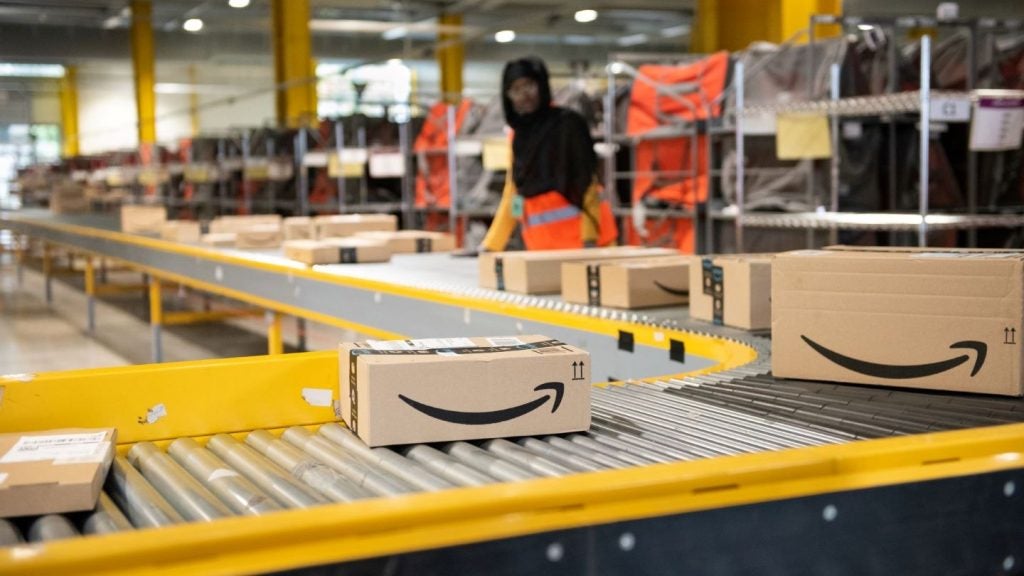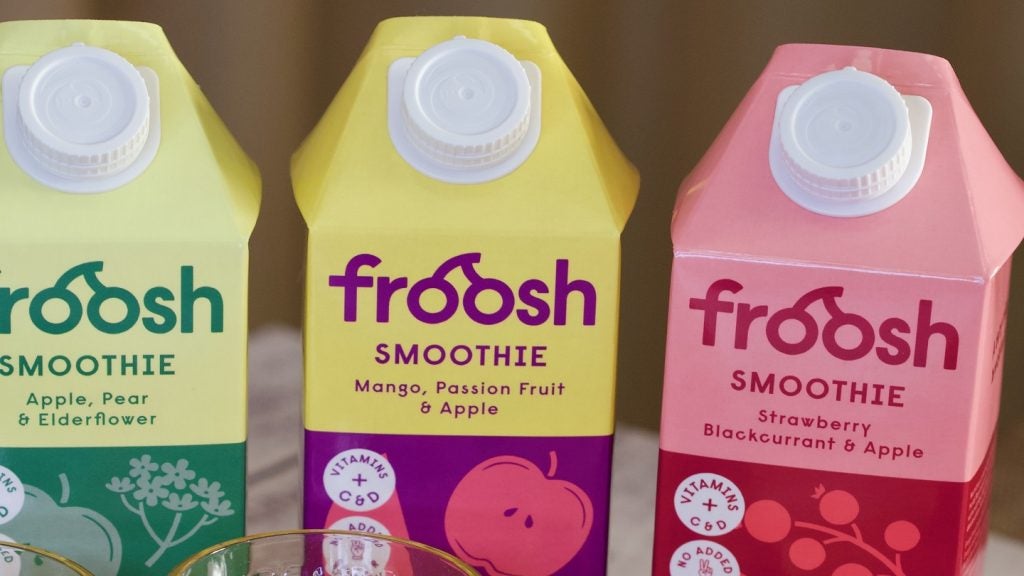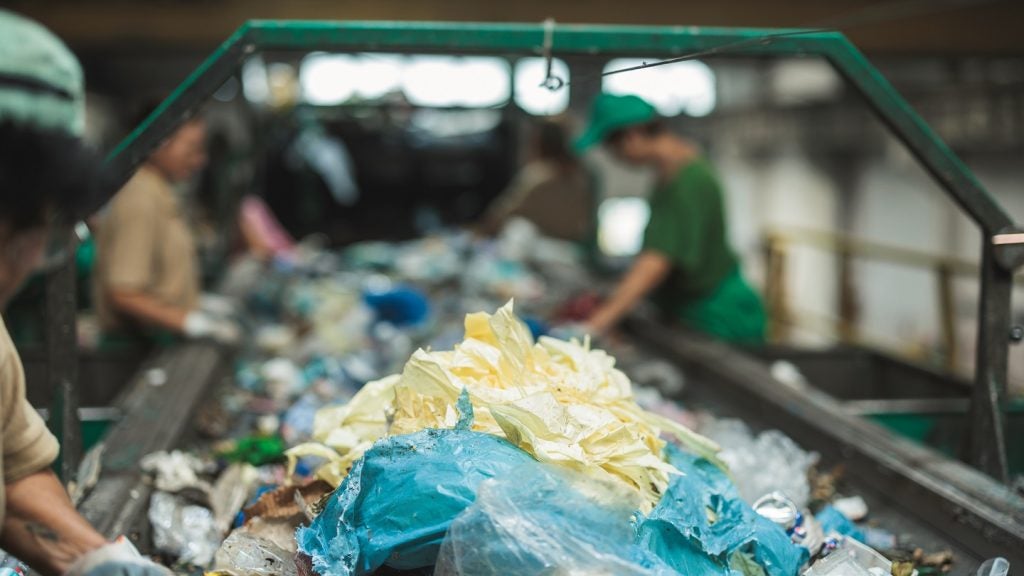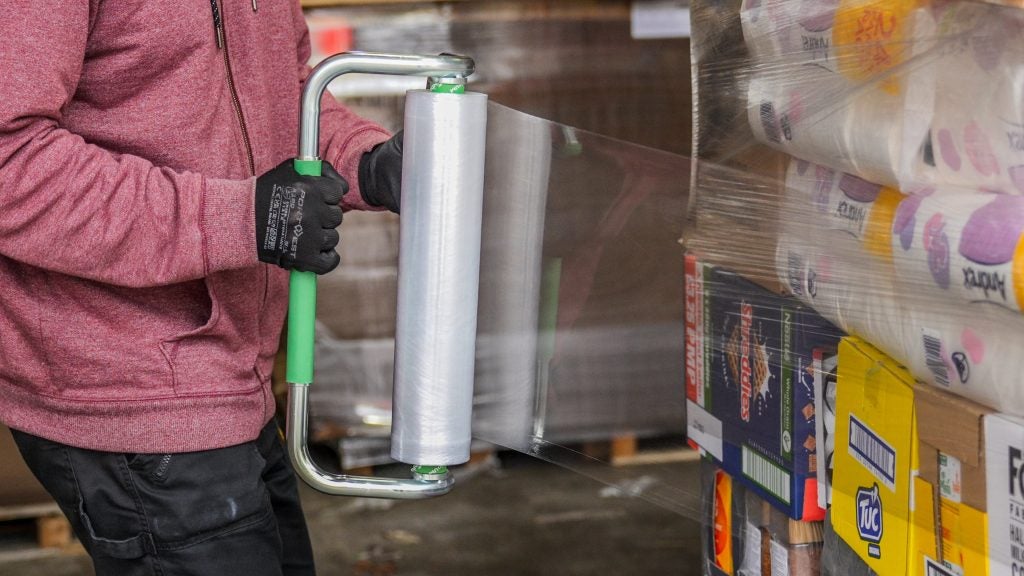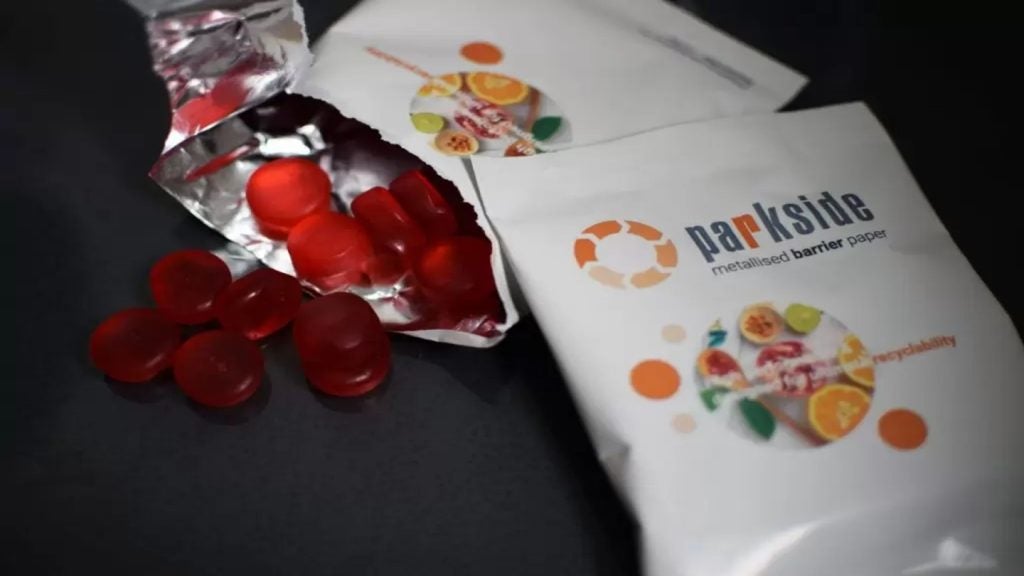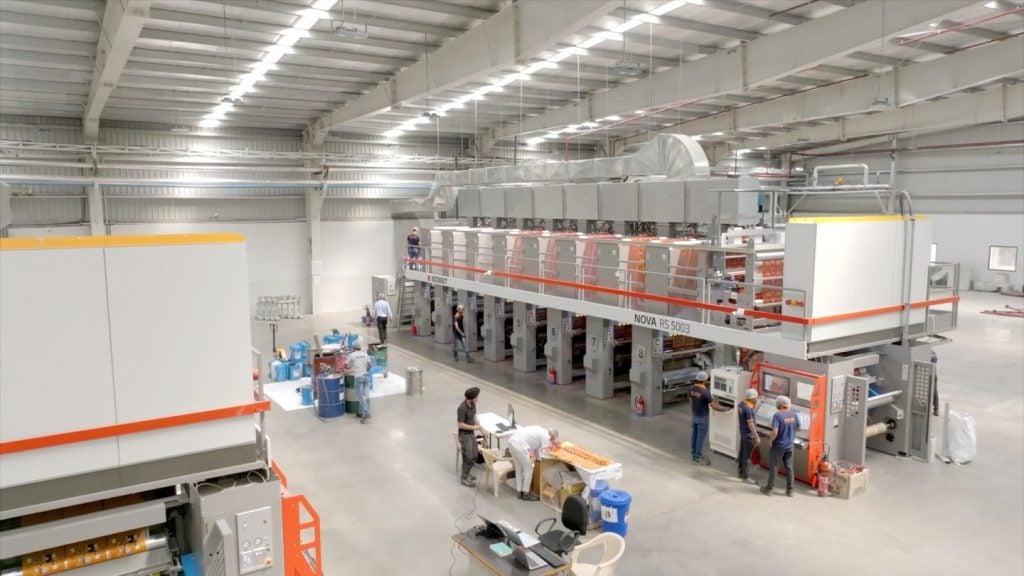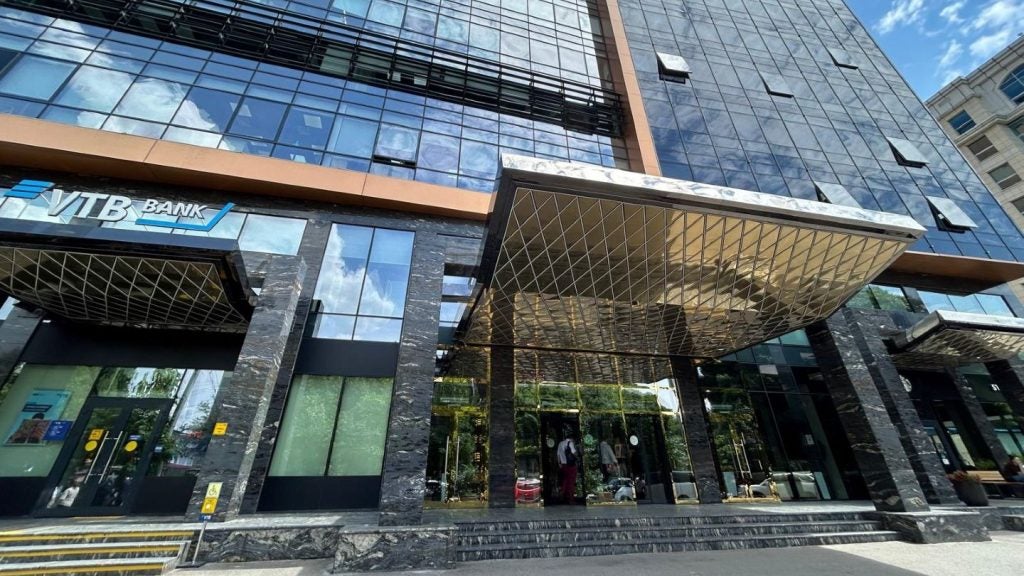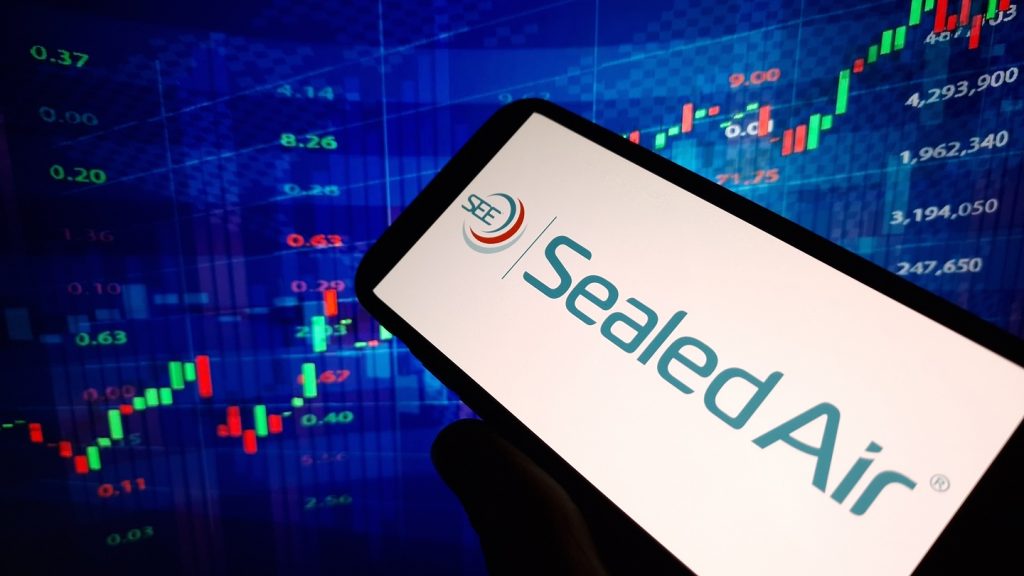In an era where sustainability intersects with technology, Amazon is pioneering a futuristic approach to package delivery that marries efficiency with environmental consciousness.
The tech giant has developed an Artificial Intelligence (AI) system known as the Package Decision Engine, transforming how products are packaged and delivered worldwide.
This initiative not only ensures that items arrive in perfect condition but also significantly reduces waste, aligning with Amazon’s broader sustainability ambitions.
How the package decision engine works
Amazon's journey towards reducing its packaging footprint begins with the Package Decision Engine.
This AI-powered tool meticulously selects the most suitable packaging for each product, ranging from compact mailers to sturdy boxes, depending on the item's characteristics and vulnerability.
For instance, robust products like blankets might ship without additional packaging, while fragile items such as dinner plates require more secure packaging options.
The decision process is driven by a blend of deep learning, natural language processing, and computer vision technologies.
Upon arrival at an Amazon fulfilment center, each product undergoes a detailed assessment. It is first photographed in a high-tech tunnel that captures its dimensions and identifies any defects.
This imagery, combined with textual data from product descriptions and real-time customer feedback, feeds into the AI model. The Package Decision Engine evaluates this information and predicts the optimal packaging type, significantly minimising the use of unnecessary materials.
Learning and adapting over time
One of the most intriguing aspects of the Package Decision Engine is its ability to learn and evolve. Amazon's team has trained the AI model with millions of data points, including instances of successfully delivered products and those that arrived damaged.
Through this extensive training, the AI has learned to recognise key words and phrases that indicate a higher risk of damage, thereby suggesting more protective packaging options accordingly.
The engine continually updates its knowledge base with new data, ensuring its decisions improve over time. This dynamic learning process is crucial for handling Amazon’s ever-expanding product range and adapting to varying regional and international packaging needs.
Sustainable impact and future prospects
The implementation of the Package Decision Engine marks a significant milestone in Amazon’s quest for sustainability. Since its inception, the system has helped the company eliminate over 2 million tons of packaging materials, showcasing a remarkable commitment to environmental stewardship.
By optimising package sizes and reducing the need for additional padding and fillers, Amazon is not only cutting down on waste but also enhancing the efficiency of its shipping and handling processes.
Looking ahead, the potential applications of AI in packaging are boundless. Amazon plans to expand the use of the Package Decision Engine globally, adapting it to various languages, packaging types, and unique market needs.
This expansion includes deploying the model in diverse regions such as North America, Europe, India, Australia, and Japan.
The fusion of AI and sustainable practices in packaging is not just a boon for Amazon but serves as a model for other companies aiming to enhance operational efficiency while reducing their ecological footprints.
As AI continues to evolve, its role in industrial applications like packaging will undoubtedly expand, paving the way for more innovative and environmentally friendly solutions in global supply chains.
In essence, Amazon’s AI-driven packaging strategy exemplifies how technology can be harnessed to achieve greater good—optimising for efficiency and sustainability, thereby setting a new standard in the packaging industry.


